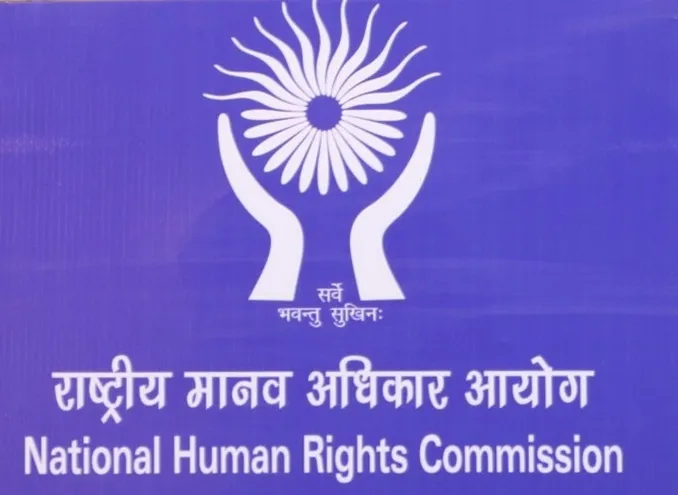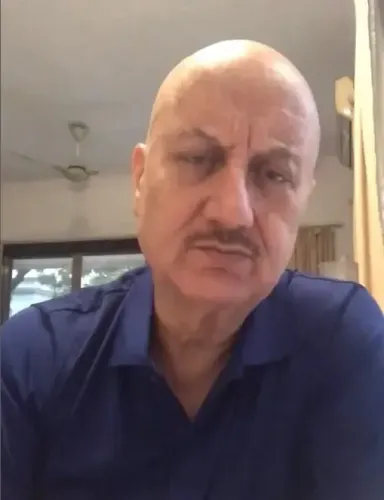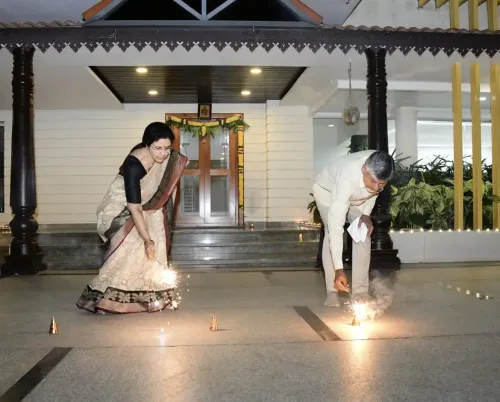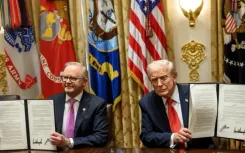Has NHRC Taken Action After Odisha Family's Head Tonsure Due to Inter-Caste Marriage?

Synopsis
Key Takeaways
- NHRC has taken proactive measures in response to caste discrimination.
- Social ostracism based on inter-caste marriages remains a critical issue.
- The incident highlights ongoing human rights violations in India.
- Community acceptance rituals can lead to harmful practices.
- Public awareness and media coverage are crucial for addressing such injustices.
New Delhi, June 25 (NationPress) The National Human Rights Commission (NHRC) has acted on its own accord regarding a media report about a Scheduled Tribe woman's family facing social ostracism after her marriage to a Scheduled Caste man in Odisha.
It has been reported that the villagers insisted on a purification ritual for the woman’s family to regain acceptance within the community, threatening them with a prolonged boycott if they did not adhere to the ritual.
As a result, the family complied with the villagers' demands, leading to the tonsuring of 40 family members' heads.
This unsettling incident occurred in Baiganguda village, located in the Kashipur block of Rayagada district.
Upon reviewing the media report, the NHRC stated that if the details are accurate, they indicate a significant breach of the victims' human rights.
Following the viral circulation of a video showing the family with shaved heads on social media, local authorities instigated a comprehensive investigation. A block-level official was dispatched to the village to look into the matter.
The NHRC has formally requested a report from the Odisha Chief Secretary within a fortnight.
Founded under the Protection of Human Rights Act, 1993, the NHRC serves as an independent statutory body dedicated to the advocacy and safeguarding of human rights. Its fundamental mission is to uphold and advance human rights, which encompass the rights to life, liberty, equality, and dignity as enshrined in the Constitution and recognized in international covenants enforceable within Indian courts.
This apex human rights organization possesses the authority to initiate suo motu (on its own initiative) actions based on media accounts, public awareness, or other channels, without needing a formal complaint of human rights violations.









